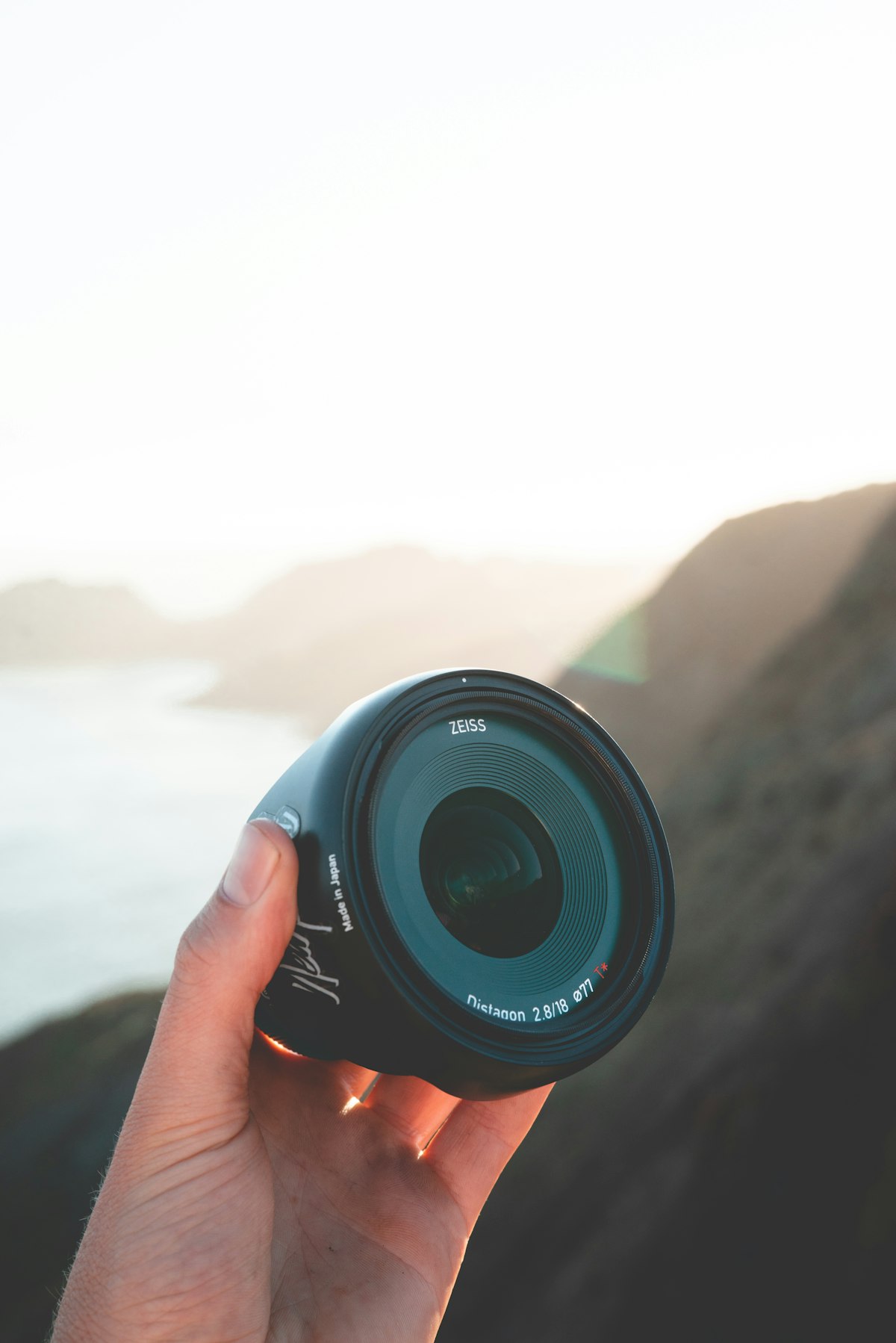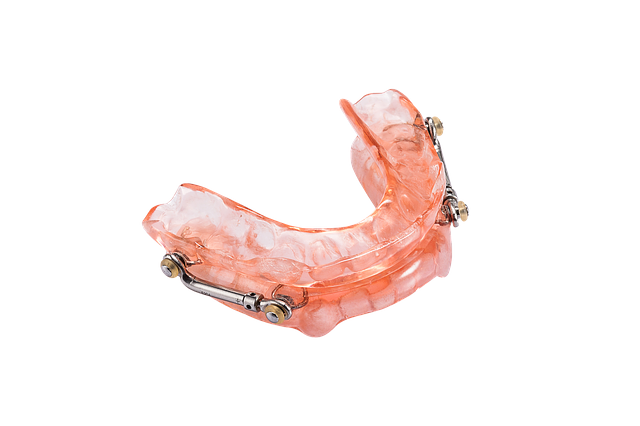Sleep apnea could be getting in the way of you getting solid sleep, but don’t let that happen for much longer. Going through life on too little sleep is detrimental and even dangerous. If you’re struggling with the symptoms of sleep apnea, you may well find the suggestions presented below to be extremely helpful.
Eating well can help you become thinner, which can often reduce sleep apnea symptoms. Not everyone is aware of just how significantly bad dietary choices can affect a sleep apnea condition. People who don’t eat healthy food have the worst sleep apnea conditions.
A CPAP machine may turn out to be vital in combating your sleep apnea, and you should get your doctor’s advice about what model is right for you. You must consider both the size of your machine and its loudness. There are some machines that are quiet and small. You can consult with your doctor to see who you should talk to in order to get a good machine.
It is not uncommon for children to be sleep apnea sufferers. There are a multitude of symptoms that can determine whether your child has sleep apnea. Often these symptoms are similar to ADHD, but you need to talk to a physician and consider sleep apnea as a cause as well.
Ask your doctor for a mouth piece to help alleviate your apnea issues. Sleep apnea can be caused by a genetically small jaw, recessed chin or a breathing passage that is too small. You will get better rest if you use specialty devices to position yourself and align your jaw properly while sleeping.
Family history is one thing that doctors use to diagnosis sleep apnea. Sleep studies may be included in the equation, and it may be necessary to involve a sleep specialist.
Sleep Apnea
You may not even realize you have sleep apnea. If you have no wife or husband to tell you, you be unaware you stop breathing at night. One way to see for yourself is to train a camcorder on yourself as you sleep. Make sure you have audio on your video so you and your doctor can hear the noises you make in your sleep.
If you are obese, start a weight loss program. Obesity is linked to sleep apnea according to certain studies. If you are obese, lose at least 20 pounds to see if it makes a change for the better with your sleep apnea. It will also help ward off other medical conditions, too.
When you travel, be sure to bring your CPAP on the trip. You don’t want to sleep a single night without your CPAP after a sleep apnea diagnosis. Conveniently, your CPAP machine should have a bag included with it for easy travel. You can transport your CPAP machine with you away from home.
Many people find that using a mouth guard while sleeping helps their sleep apnea. These are made for people with sleep apnea. Many people find they can adjust to wearing a mouth guard every night while they sleep much more easily than they can get used to wearing a CPAP mask. The device assists you by keeping your airways open while offering stability for soft tissue.
A good way to help your sleep apnea might be to shed some extra weight. Lots of people have found they can eliminate their sleep apnea by dropping all their excess fat. Just losing a little bit of weight can go a long way in improving the symptoms of sleep apnea and opening up breathing passage ways.
A doctor looks at both your medical history and family history when diagnosing sleep apnea. Also, your doctor may want to try a sleep study on you. Depending on the results, you may be referred to a specialist.
Cut down on your chances of developing sleep apnea. Some risks are inherent, such as family history or being male. Being overweight, drinking, smoking and weak throat muscles can all bring on sleep apnea.
Your doctor might ask you to write down when you sleep and wake. You simply log the amount of hours you’re sleeping each night, and mentioning other symptoms too. Your partner can let you know if you snore too loudly, jerk your limbs, or stop breathing. This type of data can help your doctor diagnose the issue.
Weight loss can be a big help for those that suffer from sleep apnea. Sleep apnea is far more frequent in obese individuals with bigger necks. Weight loss makes a big difference in the amount of pressure put on your airways and can improve your breathing.
Sinus Problems
Sleep apnea will not go away by itself; you need to treat it. Different treatment options work well for some people, but not others. Obesity, asthma and allergies can all contribute to sleeping problems. Non-invasive options like the CPAP machine are highly successful for millions of sufferers. For others, surgical techniques to remove airway obstructions may provide the most effective relief. Whatever you and your doctor thinks is the best for you, treatment is important in improving your sleep quality.
If you suffer from sleep apnea, make sure you treat your allergy and sinus problems. During the night, you are already dealing with breathing problems. You don’t need to deal with anything that will affect your breathing when you sleep. By treating your allergies or sinus problems, you will be more likely to get a full night’s rest and have energy for the day.
If you have sleep apnea, stop smoking. Smoking swells up your upper airways, which can worsen your sleep apnea symptoms. Try to find a program to help you quit smoking. Most people who have quit smoking report that the first month was the most difficult. Once you are past the first few weeks, the nicotine craving begin to lessen significantly.
One method you can try to improve your condition is to strengthen your throat muscles. Sleep apnea occurs when the tissues in your throat collapse into the airways, which ends up obstructing your breathing. When your muscles strengthen, their chances of collapse and airway blockage go down.
Avoid excessive drinking if you are a sleep apnea sufferer. If you regularly drink, your throat muscles will relax too much, which will block your airways and cause snoring. So stop drinking because this will only be a detriment to your sleep. Limiting your alcohol consumption will increase your chances of getting a lot of good rest.
How you sleep influences how many times sleep apnea will strike on a given night. This is the reason why it’s vital to sleep in a proper position each night. Elevate your body by placing a foam wedge under it. Try to also prevent yourself from falling off the bed in the middle of the night.
Play wind instruments. You will get several benefits: learning how to exercise the muscles used in breathing, broadening your intellect, and playing music that you enjoy. Training these muscles will strengthen them and may help you to control them while you sleep and thus lessen your sleep apnea symptoms.
If you have a long flight scheduled, tell the airline that you will require your CPAP machine. Friendly airlines are happy to seat you where there is sufficient room for you and your machine. You’ll need a power adapter on any foreign flights you take.
When going on long trips, inform the airline that you need to take your CPAP machine if you use one. Almost every airline company will make the necessary arrangements to accommodate your needs. If you happen to be flying overseas on a foreign airline, make sure you have the right power adapter.
Try learning how to play a musical instrument. Learning to play a wind instrument can strengthen the muscles in your airway so you can breathe easier. Your new hobby will enable you to finally get control over the air passages that effect breathing.
People suffering from sleep apnea are well advised not to sleep on their backs. If you sleep on your back, it frequently leads to airway blockage and can cause sleep apnea. Try sleeping on your side, however, if this is not natural to you, then prop yourself up with pillows in order to force yourself into sleeping on your side every night.
Don’t sleep on your back if you are a sleep apnea sufferer. Sleeping in this position blocks your airways, which will interfere with your sleep. Do what’s necessary to sleep sideways, even if you have to use pillows or other items to force the issue.
Some situations of sleep apnea are solved with corrective mouth pieces. A person’s anatomy may be such that they naturally have a narrow jaw and airway. When a device to re-align the jaw is used during sleep, more air can be allowed in.
IF you have sleep apnea you can do exercises with your throat that may help. When you strengthen the muscles around the airway, you are helping make them much less likely to collapse. One of the many examples is to press the whole tongue to the roof of your mouth, hold it for three minutes and then release. Try this once every day.
Sleep apnea sufferers need to be diagnosed by a doctor. Sleep apnea is a serious condition, so just guessing at a diagnosis could be dangerous. Speak to your doctor about your symptoms, and he will be able to determine the cause of your problems and develop a treatment plan that is right for you.
In actuality, sleep apnea is simply a lack of enough oxygen while you sleep. For this reason, it’s better for people with sleep apnea to stay out of areas of high elevation. As oxygen levels decrease at higher elevations, this would seem to affect the sufferer of sleep apnea. If you can avoid sleeping at a high elevation, do it.
The technical definition of sleep apnea is not having enough oxygen while you are sleeping. Therefore, it makes sense to prevent sleeping at high elevations. The saturation of oxygen at higher levels is much lower and can be detrimental to an individual with sleep apnea. If one can avoid sleeping at high altitudes, one should.
It is very important that you are getting a good night’s rest every day, and it is crucial you get the proper amount of sleep. Keep the advice you’ve read in mind to help you decide what to do about sleep apnea.
Work out your throat and jaw muscles. In some cases, sleep apnea is caused by weak musculature in your mouth and throat. There are exercises that will help correct this problem and reduce sleep apnea symptoms. You can really benefit from a few exercises.
There is much to learn about antibacterial best pillow
Hospital mattress protector, encasement mattress protector. You should inform yourself ahead of time. You started by reading this article filled with useful tips on antibacterial best pillow
Hospital mattress protector, encasement mattress protector. Take your time reading this article to learn everything you can about antibacterial best pillow
Hospital mattress protector, encasement mattress protector.












